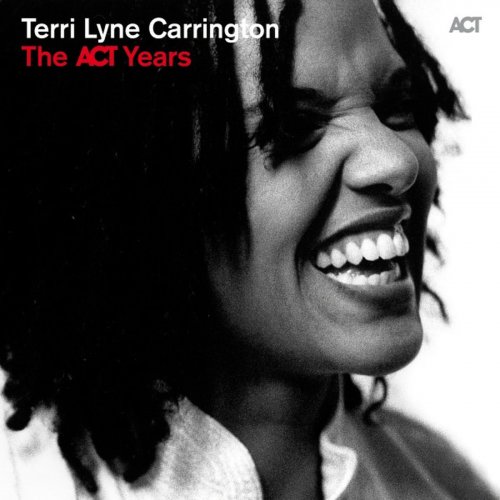Paul Hillier, The Hilliard Ensemble - Dunstable: Motets (2005)
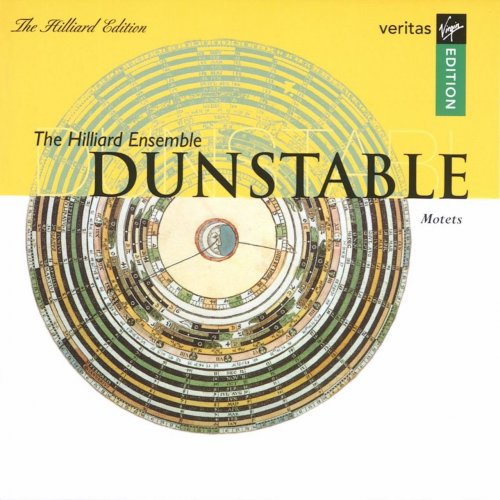
Artist: Paul Hillier, The Hilliard Ensemble
Title: Dunstable: Motets
Year Of Release: 2005
Label: Virgin Classics
Genre: Classical, Sacred
Quality: FLAC (tracks)
Total Time: 53:47
Total Size: 220 Mb
WebSite: Album Preview
Tracklist: Title: Dunstable: Motets
Year Of Release: 2005
Label: Virgin Classics
Genre: Classical, Sacred
Quality: FLAC (tracks)
Total Time: 53:47
Total Size: 220 Mb
WebSite: Album Preview
1. Veni Sancte Spiritus - Veni Creator
2. Alma Redemptoris Mater
3. Credo Super 'Da Gaudiorum Premia'
4. Agnus Dei
5. Salve Scema Sanctitatis
6. Gaude Virgo Salutata
7. Quam Pulchra Es
8. Salve Regina Misericordiae
9. Preco Preheminenciae
Performers:
The Hilliard Ensemble
Paul Hillier
These first reissues in Virgin Veritas’s new Hilliard Edition mark a belated tribute to one of the most enduring names of the early music scene, and the long-awaited return to the catalogue of some of its finest work. English music often has the knack of bringing out the best in The Hilliard Ensemble, so it is appropriate that three of the present batch of discs are devoted to the period when English music was at its most influential, the early- to mid-fifteenth century. Last year’s Gramophone Early Music Award, given to a recording of the music of John Dunstable by the Orlando Consort (Metronome, 2/96), was actually the second time the composer has been so honoured: The Hilliards’ disc won the award in 1984. Nearly 15 years on, it is more than worthy to stand alongside its successor. Its sheer sound quality is mesmeric, the four-voice motets in particular sounding almost preternaturally luminous. That’s partly to do with the acoustic of the church of Boxgrove Priory, Chichester; but there is also the the allocation of two singers on those long tenor parts, positioned (I suspect) at a slight distance from the other voices. That touch of genius creates a core of stillness against which the other voices move to magical effect. Magical, too, is just the word for the singing of David James, who turns in an unforgettable performance. Dunstable is very much a melodist, and on this disc the top line gets the lion’s share. James brings a restrained expressivity to every nuance, every inflexion. I can say perfectly truthfully that this disc changed my life all those years ago.
Scarcely less fine is the disc of Dunstable’s contemporary, Leonel Power, recorded a couple of years earlier. This time the recording’s acoustic properties are less telling, but the slightly drier ambience rarely detracts from the performances. These are spontaneous readings, in tune perhaps with Power’s more wayward personality. His occasional eccentricities include polyrhythms, and a more striking use of dissonance than Dunstable evinces. The disc boasts a real show-stopper in the rollicking five-voice Gloria, and a more subtle but equally rewarding find in the Mass Alma redemptoris mater, thought by some to be the very first extant cantus firmus Mass. Marian pieces and a couple of settings from the Song of Songs complete a varied and invigorating programme. Since no other comparable recording has since appeared in Power’s discography, this reissue is all the more welcome.
Those first two discs date from relatively early in The Hilliard Ensemble’s career. The next two were apparently the last to be recorded with the participation of founder-director Paul Hillier. That he and the group had perhaps come full circle may be gauged from the choice of programme, in one case at least: the Old Hall Manuscript is the principal source for that school of composers from which Power and Dunstable sprang (though many of the composers in this quintessentially English source have very French-sounding names). The Hilliards’ Old Hall recital is very even-handed in its representation both of composers and styles (though Power, as far and away the best-represented composer in the source, gets more than most). As the only disc of its kind it warrants a strong recommendation, even though the performances occasionally lack the dynamic quality so abundantly present in the earlier discs. The acoustic may have something to do with it: here it is so reverberant that details are all too often drowned out, and in a few places there are displeasing flashes of ‘countertenor glare’ (e.g. the Credo by Pennard). In the more demanding selections one has the inexplicable impression that the ensemble has somehow failed to click, and there is occasionally a hint of strain (as in Gloria by Pycard). Yet, there are moments of great beauty: the three-voice, descant-based Pia mater comes to mind, or the two pieces by Forest, perhaps one of the younger composers in the manuscript. As an album to be dipped into, rather than taken at one sitting, this disc is eminently recommendable.
Since this batch of discs contains at least one contender for desert island status, I needn’t pull my punches with the last, and definitely the least of them. Pierre de la Rue was a brilliant contemporary of Josquin, cast somewhat in the Ockeghem mould. His reputation as the melancholy musician of that most melancholy of patrons, Margaret of Austria, is in evidence throughout this programme. Many of the motets here are laments, and The Hilliard’s subdued tone might be taken to reflect that (Plorer gemier and Considera Israel are both deeply moving); the trouble is that La Rue’s Mass Cum iucunditate (“with jollity”) apparently fails to lift their spirits. The strain hinted at in the Old Hall disc is confirmed here (as it happens, both discs were made during the same recording sessions, and in several places they sound genuinely tired. Not to labour the point, this is one of The Hilliard’s least successful recordings. That would be a sad place to conclude, but looking on the bright side we can now look forward to the reappearance in this series of far more distinguished recordings.
The collection’s design is attractive, though to my mind not as stylish as those of the original Reflexe series. Up-to-date information concerning disputed attributions has been worked into the booklet-notes (albeit unattributively): it’s a shame, though, that Paul Hillier’s original contributions were not retained unabridged. Hillier is one of the most lucid and engaging essayists in the business, and his thoughtfulness contributed much to The Hilliard’s approach. Those who have those old LPs and CDs should treasure them.
Scarcely less fine is the disc of Dunstable’s contemporary, Leonel Power, recorded a couple of years earlier. This time the recording’s acoustic properties are less telling, but the slightly drier ambience rarely detracts from the performances. These are spontaneous readings, in tune perhaps with Power’s more wayward personality. His occasional eccentricities include polyrhythms, and a more striking use of dissonance than Dunstable evinces. The disc boasts a real show-stopper in the rollicking five-voice Gloria, and a more subtle but equally rewarding find in the Mass Alma redemptoris mater, thought by some to be the very first extant cantus firmus Mass. Marian pieces and a couple of settings from the Song of Songs complete a varied and invigorating programme. Since no other comparable recording has since appeared in Power’s discography, this reissue is all the more welcome.
Those first two discs date from relatively early in The Hilliard Ensemble’s career. The next two were apparently the last to be recorded with the participation of founder-director Paul Hillier. That he and the group had perhaps come full circle may be gauged from the choice of programme, in one case at least: the Old Hall Manuscript is the principal source for that school of composers from which Power and Dunstable sprang (though many of the composers in this quintessentially English source have very French-sounding names). The Hilliards’ Old Hall recital is very even-handed in its representation both of composers and styles (though Power, as far and away the best-represented composer in the source, gets more than most). As the only disc of its kind it warrants a strong recommendation, even though the performances occasionally lack the dynamic quality so abundantly present in the earlier discs. The acoustic may have something to do with it: here it is so reverberant that details are all too often drowned out, and in a few places there are displeasing flashes of ‘countertenor glare’ (e.g. the Credo by Pennard). In the more demanding selections one has the inexplicable impression that the ensemble has somehow failed to click, and there is occasionally a hint of strain (as in Gloria by Pycard). Yet, there are moments of great beauty: the three-voice, descant-based Pia mater comes to mind, or the two pieces by Forest, perhaps one of the younger composers in the manuscript. As an album to be dipped into, rather than taken at one sitting, this disc is eminently recommendable.
Since this batch of discs contains at least one contender for desert island status, I needn’t pull my punches with the last, and definitely the least of them. Pierre de la Rue was a brilliant contemporary of Josquin, cast somewhat in the Ockeghem mould. His reputation as the melancholy musician of that most melancholy of patrons, Margaret of Austria, is in evidence throughout this programme. Many of the motets here are laments, and The Hilliard’s subdued tone might be taken to reflect that (Plorer gemier and Considera Israel are both deeply moving); the trouble is that La Rue’s Mass Cum iucunditate (“with jollity”) apparently fails to lift their spirits. The strain hinted at in the Old Hall disc is confirmed here (as it happens, both discs were made during the same recording sessions, and in several places they sound genuinely tired. Not to labour the point, this is one of The Hilliard’s least successful recordings. That would be a sad place to conclude, but looking on the bright side we can now look forward to the reappearance in this series of far more distinguished recordings.
The collection’s design is attractive, though to my mind not as stylish as those of the original Reflexe series. Up-to-date information concerning disputed attributions has been worked into the booklet-notes (albeit unattributively): it’s a shame, though, that Paul Hillier’s original contributions were not retained unabridged. Hillier is one of the most lucid and engaging essayists in the business, and his thoughtfulness contributed much to The Hilliard’s approach. Those who have those old LPs and CDs should treasure them.
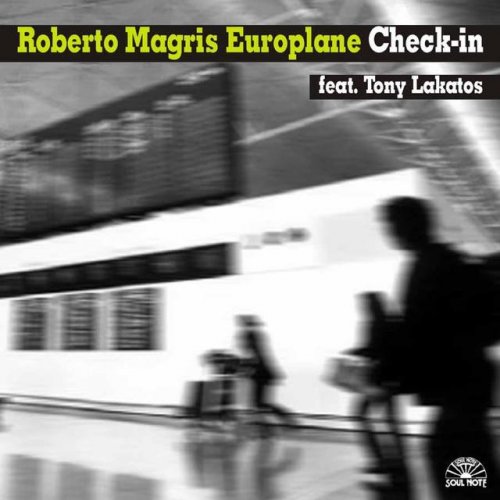
![Rahsaan Roland Kirk - Now Please Don't You Cry, Beautiful Edith (2025 Remaster) (2026) [Hi-Res] Rahsaan Roland Kirk - Now Please Don't You Cry, Beautiful Edith (2025 Remaster) (2026) [Hi-Res]](https://www.dibpic.com/uploads/posts/2026-01/1769782162_cover.jpg)
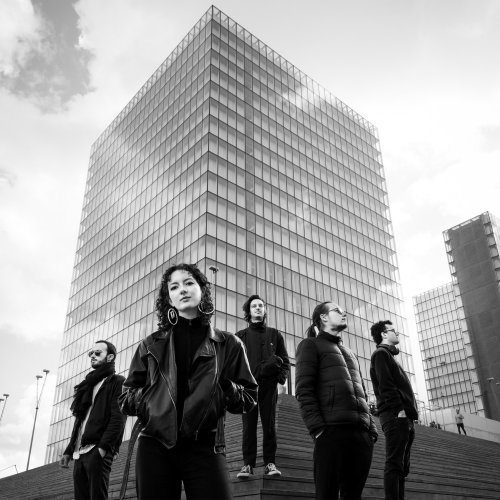
![Karin Krog, John Surman, Rob Luft & Rob Waring - Tomorrow's Yesterday (2026) [Hi-Res] Karin Krog, John Surman, Rob Luft & Rob Waring - Tomorrow's Yesterday (2026) [Hi-Res]](https://www.dibpic.com/uploads/posts/2026-02/1770018384_aet0hkqmwovku_600.jpg)
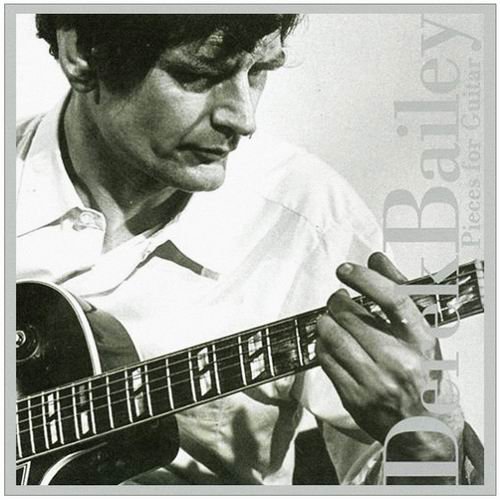
![Palle Mikkelborg - Light (2026) [Hi-Res] Palle Mikkelborg - Light (2026) [Hi-Res]](https://www.dibpic.com/uploads/posts/2026-01/1769762532_sqmvrtmcku1ma_600.jpg)
